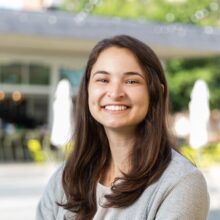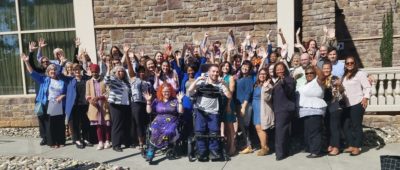The pandemic has forced educators to think about school in new and innovative ways. Many parents have seen the value of smaller learning environments, and some families that are able have enrolled their children in “learning pods.” There’s one specific type of school that’s beginning to get more attention — microschools.
The definition of a microschool isn’t widely agreed upon. Sometimes microschools are referred to as small neighborhood schools with less than 15 students per class. Others think of them as “reinventing the one room schoolhouse.” The term microschool itself is pretty broad, but the varying definitions do agree that in order to be a microschool, you’ve got to be small.
Since the pandemic started, more parents are turning to homeschools and microschools. We visited one microschool serving high school students in Durham, Insight Colearning Center, to learn more about these educational models.
In its third year, Insight Colearning Center has its largest class yet this year. Founder Susan Haws says she is on a mission to transform schooling to empower students in their unique learning abilities.
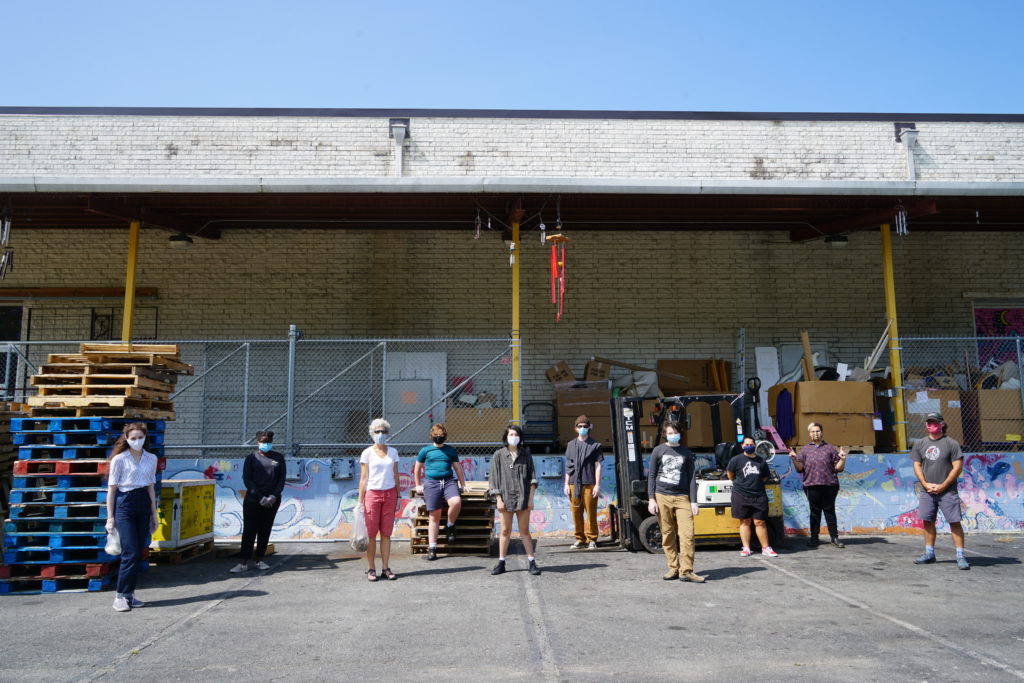

A microschool is born
Insight Colearning Center started in 2018. During their first school year, 2018-2019, they operated as a nonprofit serving homeschoolers. Their students were officially homeschooled but would come to Insight for a large portion of their academic programs. That year, Haws and her team worked to become a registered independent school by the state of North Carolina.
“We are nonprofit. We’re very grassroots. We got started really on the basis of sheer volunteer effort, and we are tuition-based but we use a sliding scale,” Haws said.
The mission of Insight Colearning Center reads:
“Insight Colearning Center is a four year high school that prepares traditionally under-served teens to make a difference in a rapidly changing and uncertain world by providing an exemplary high school experience that combines rigorous, college-style coursework, authentic problem-based learning, one-on-one advising, and participation in a dynamic and diverse learning community.”
“Last year, we operated as an independent school offering a comprehensive program for most of our students, but we still allowed the hybrid homeschool model so some of our students were officially homeschooled and came to us for all or some of their coursework,” Haws said.
This year, Insight has 10 students. Haws said she’s expecting 10-14 students in total, as some come and go throughout the school year. The school is operating mostly remote this semester.
On Tuesdays, students lead a service project at a location of their choosing, somewhere in the Triangle area. I caught up with Haws and some of her students at the Scrap Exchange in Durham, where they were volunteering in their outdoor garden space for the day.
Where difference thrives
“It’s the first time that I’ve actually been excited to go to school and not just like something that I have to do,” Sam Wichman said.
Wichman is a sophomore at Insight, and this is his first year at the school. Wichman struggled to find a school that was the right fit for him, he and his mom Jen shared.
“Sam has learning differences,” Jen said. “He has dyslexia, dysgraphia, and dyscalculia that we never know how to say.”
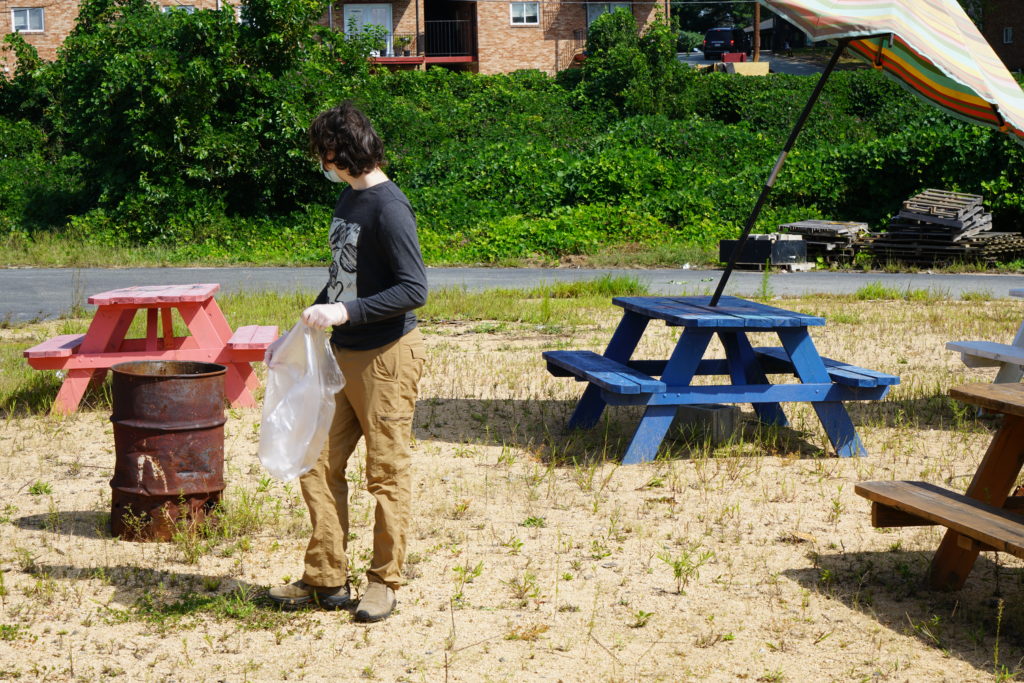

Insight has allowed Wichman to learn in a way best suited for his differences, they said. “They let him listen to audiobooks,” Jen said. For Sam, the small class size and 1:1 relationships he’s been able to build at Insight have helped him learn more effectively and enjoy school.
“The small size and just the freedom to choose your own path of education, that’s been super helpful for me,” Wichman said.
He also enjoys the service opportunities the school provides and getting to know his community on a deeper level.
“I think that in a lot of places, when they talk about service education, it’s just like, do this for this many hours and do that. And this is really building relationships with places as well as people, and really just trying to actually give back to your community instead of just focusing on hours,” Wichman said.
Jen is pleased with her son’s experience at Insight so far.
“There’s a very diverse unity. So every kid, every student, to me is super duper different and very much their own person and their own individual. There’s a meeting of that and a respect for that in the group, which is pretty rare,” Jen said.
Why Insight?
For the families at Insight, the small size and seminar style classes are two of the reasons why they joined this school in particular.
With less than 15 students in a classroom, students can connect with their peers and form deep relationships with their teachers. This connectivity between teacher and learner is central to Insight’s mission, as is their seminar style of classes.
The seminar style classes at Insight have better suited one particular student — Fedora Parry. She enjoys conversing with her classmates over readings and asking hard questions. This style of learning helps her feel connected to the other students.
“There’s an actual sense of concrete community. I definitely feel connected with everyone … and I think being connected is really important, especially in an educational environment,” Parry said.
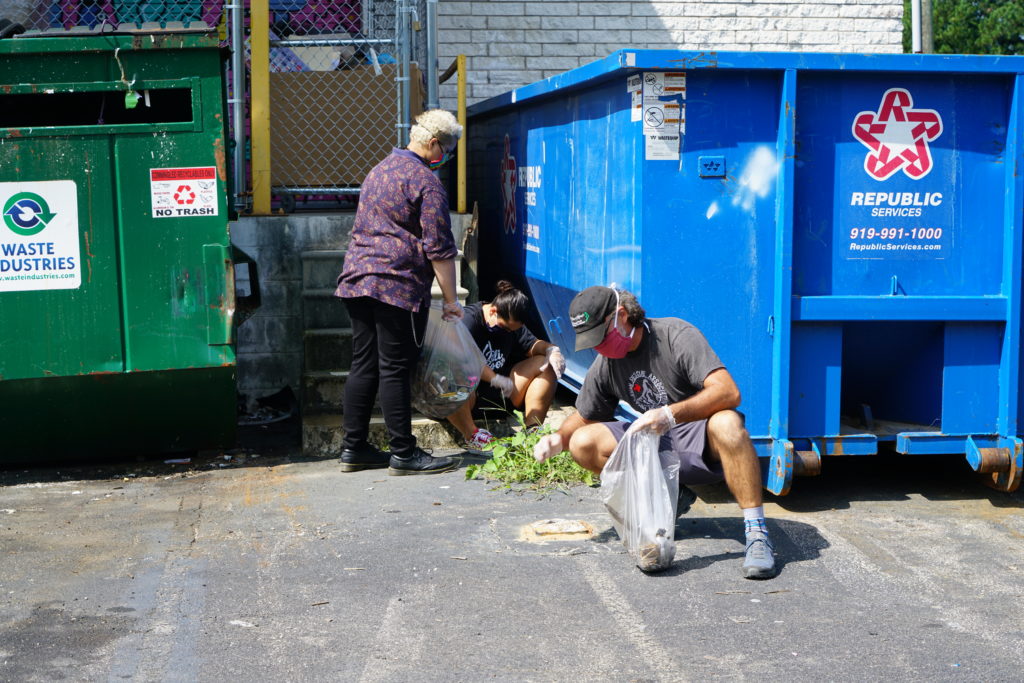

An expanding community
Haws’ vision for Insight is that they will be able to serve any student who wants to join the school. For her, being a microschool means that you support the students and families in your midst in every way that you can.
“It implies that you’re centered in the community,” Haws said.
When it comes to whether or not the microschool model is scalable, Haws said that’s not the first question we should be asking.
“I think asking, ‘Is this great for kids? Is this the ideal solution for kids?’ Let’s test that, and then let’s find out is it good for just some kids or all kids? And then if it’s the best thing we can do as a society, then we will figure out how to scale it.”
